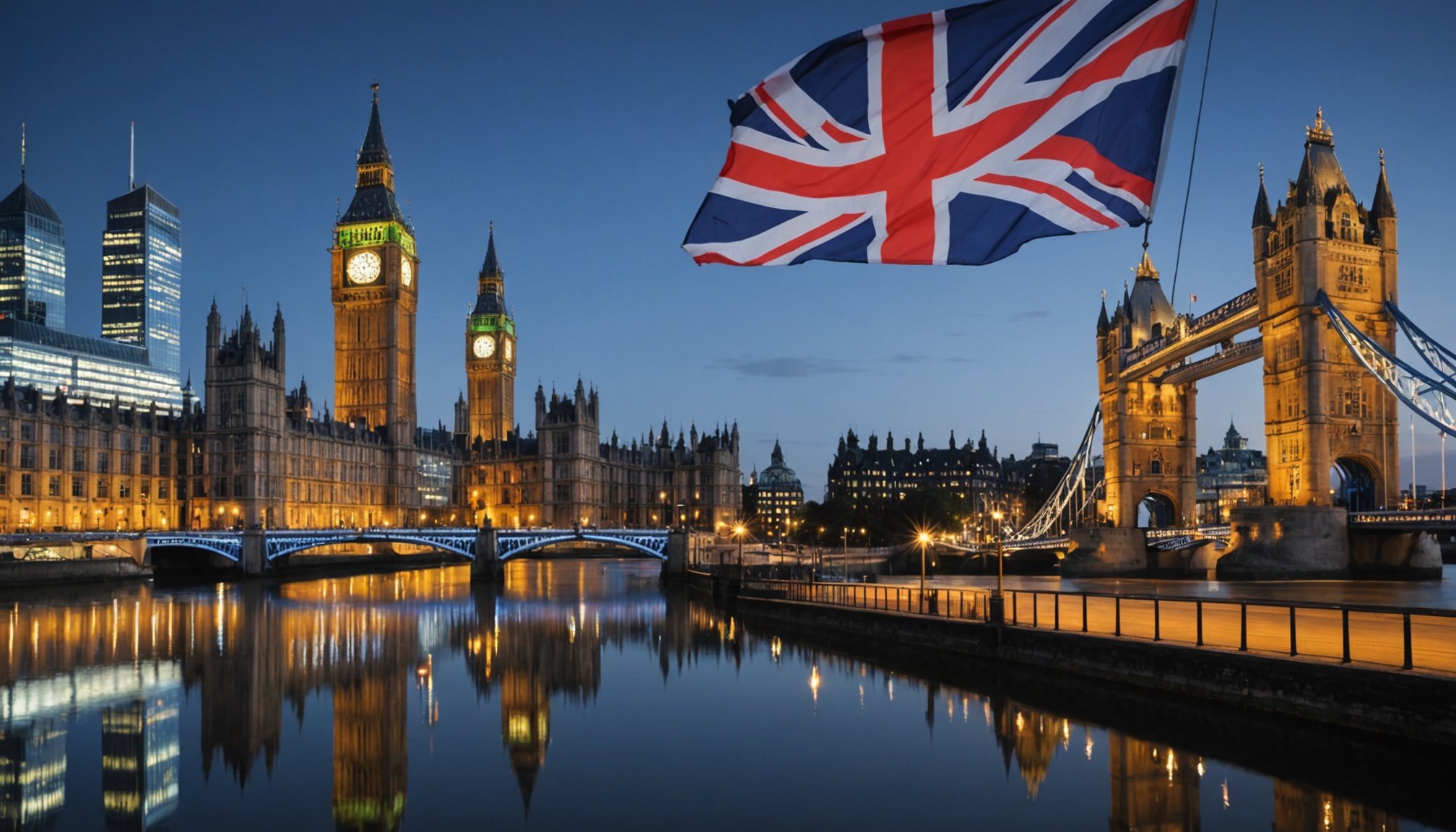Unlocking Global Franchise Success: The Ultimate UK Legal Guide for Business Owners
Understanding Franchising: A Global Perspective
Franchising is a powerful business model that has enabled countless entrepreneurs to expand their brands globally. For those considering franchising their business or investing in a franchise, understanding the legal landscape is crucial. In the United Kingdom, the franchising sector is robust and well-regulated, offering numerous opportunities for both franchisors and franchisees.
What is Franchising?
Franchising is a business arrangement where a franchisor grants a franchisee the right to operate a business using the franchisor’s brand, products, services, and business model. This relationship is typically governed by a franchise agreement, which outlines the terms and conditions of the partnership.
Topic to read : Navigating the legal terrain: how third-party cookie tracking affects uk enterprises
Benefits of Franchising
- Brand Recognition: Franchisees benefit from the established brand and marketing efforts of the franchisor.
- Training and Support: Franchisors provide extensive training and ongoing support to ensure the success of the franchisee.
- Financial Projections: Franchisors often have well-developed financial models and projections, making it easier for franchisees to secure financing.
- Market Penetration: Franchising allows businesses to expand rapidly into new markets with minimal risk.
Setting Up a Franchise in the UK: Legal Considerations
Before diving into the world of franchising, it’s essential to understand the legal framework in the UK.
Franchise Agreement
The franchise agreement is the cornerstone of any franchising relationship. Here are some key components to include:
Also to see : Crucial legal guidelines for uk enterprises organizing global trade exhibitions
- Grant of Franchise: The franchisor grants the franchisee the right to use the brand, trademarks, and business model.
- Term and Termination: The duration of the agreement and the conditions under which it can be terminated.
- Fees and Royalties: The financial obligations of the franchisee, including initial fees, ongoing royalties, and any other payments.
- Territorial Rights: The geographic area in which the franchisee is allowed to operate.
- Training and Support: The extent of training and ongoing support provided by the franchisor.
### Key Components of a Franchise Agreement
- **Grant of Franchise**
- Right to use brand, trademarks, and business model
- **Term and Termination**
- Duration of the agreement
- Conditions for termination
- **Fees and Royalties**
- Initial fees
- Ongoing royalties
- Other payments
- **Territorial Rights**
- Geographic area of operation
- **Training and Support**
- Extent of training provided
- Ongoing support mechanisms
Compliance with UK Laws
Franchisors and franchisees must comply with various UK laws, including:
- Companies Act 2006: Governs company formation, operation, and dissolution.
- Consumer Rights Act 2015: Protects consumer rights and ensures fair trading practices.
- Bribery Act 2010: Prohibits bribery and corruption, which is particularly relevant for global franchises operating in the UK[5].
Corporate Governance and Responsibility
Effective corporate governance is vital for the success and integrity of a franchising business.
Responsibilities of Franchisors
Franchisors have several key responsibilities:
- Disclosure: Providing prospective franchisees with detailed disclosure documents outlining the terms of the franchise agreement, financial projections, and any potential risks.
- Training and Ongoing Support: Ensuring that franchisees receive comprehensive training and continuous support to maintain the brand’s standards.
- Compliance: Ensuring that all franchisees comply with UK laws and regulations.
Responsibilities of Franchisees
Franchisees also have significant responsibilities:
- Adherence to Brand Standards: Maintaining the brand’s quality and service standards.
- Financial Compliance: Ensuring all financial obligations, including fees and royalties, are met.
- Local Compliance: Complying with local laws and regulations in their area of operation.
Financial and Investment Considerations
Investing in a franchise requires careful financial planning and consideration.
Initial Investment
The initial investment for a franchise can vary widely depending on the brand and the type of business. This typically includes the initial franchise fee, setup costs, and working capital.
Ongoing Financial Obligations
Franchisees must also consider ongoing financial obligations such as royalties, marketing fees, and other recurring payments.
Financial Projections
Franchisors usually provide financial projections to help franchisees understand the potential earnings and expenses. Here is an example of what these projections might include:
### Financial Projections Example
| Category | Initial Investment | Ongoing Costs | Projected Annual Revenue | Projected Annual Profit |
|
|--------------------|
|--------------------------|
|
| Initial Franchise Fee | £20,000 | | | |
| Setup Costs | £50,000 | | | |
| Working Capital | £30,000 | | | |
| Royalties | | 5% of sales | | |
| Marketing Fees | | 2% of sales | | |
| Projected Annual Revenue | | | £200,000 | |
| Projected Annual Profit | | | | £50,000 |
Marketing and Brand Management
Effective marketing and brand management are critical for the success of any franchise.
Brand Protection
Franchisors must protect their brand by ensuring that all franchisees adhere to the brand’s standards and guidelines. This includes monitoring the use of trademarks, logos, and other brand elements.
Marketing Strategies
Franchisors often have centralized marketing strategies that franchisees must follow. This can include national advertising campaigns, local marketing initiatives, and digital marketing efforts.
Training and Support
Training and ongoing support are essential components of a successful franchising relationship.
Initial Training
Franchisors typically provide comprehensive initial training to equip franchisees with the skills and knowledge needed to operate the business successfully.
Ongoing Support
Ongoing support can include regular visits from field consultants, access to online resources, and continuous training programs to keep franchisees updated with the latest practices and technologies.
Case Studies and Success Stories
Real-world examples can provide valuable insights into the successes and challenges of franchising.
Amazon’s Franchise Model
While Amazon is not traditionally thought of as a franchise, its Amazon Logistics program operates on a franchise-like model, where independent contractors operate delivery services under Amazon’s brand. This model highlights the flexibility and scalability that franchising can offer.
McDonald’s Global Franchise Network
McDonald’s is one of the most successful global franchises, with thousands of locations worldwide. Their success is attributed to a robust franchise model that includes extensive training, ongoing support, and strict adherence to brand standards.
Practical Advice for Franchise Owners
Here are some practical tips for those considering franchising their business or investing in a franchise:
Conduct Thorough Research
Before investing in a franchise, conduct thorough research on the franchisor, the market, and the financial projections.
Seek Legal Advice
Consult with a legal expert to ensure that the franchise agreement is fair and compliant with UK laws.
Plan for Long-Term Success
Develop a comprehensive business plan that outlines long-term goals and strategies for success.
Franchising offers a compelling business model for entrepreneurs looking to expand their brand globally. However, it requires careful planning, compliance with UK laws, and a deep understanding of the legal and financial aspects involved. By following the guidelines outlined in this article, business owners can unlock the full potential of franchising and achieve long-term success.
Additional Resources
For those looking to delve deeper into the world of franchising, here are some additional resources:
- Franchise Consultants: Consider hiring franchise consultants who can provide expert advice on setting up and managing a franchise.
- Franchise Associations: Joining franchise associations, such as the British Franchise Association, can provide valuable networking opportunities and access to industry resources.
- Legal Services: Engage with legal services that specialize in franchising to ensure compliance with all relevant laws and regulations.
By leveraging these resources and following the advice provided in this guide, you can ensure that your franchise business is set up for success in the UK and beyond.











